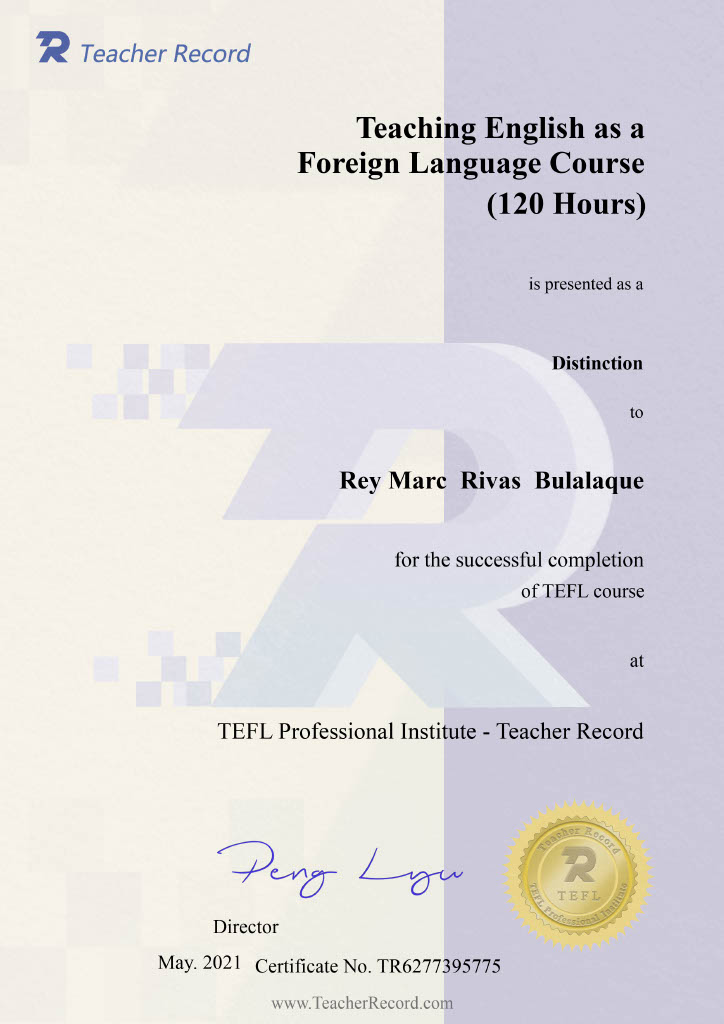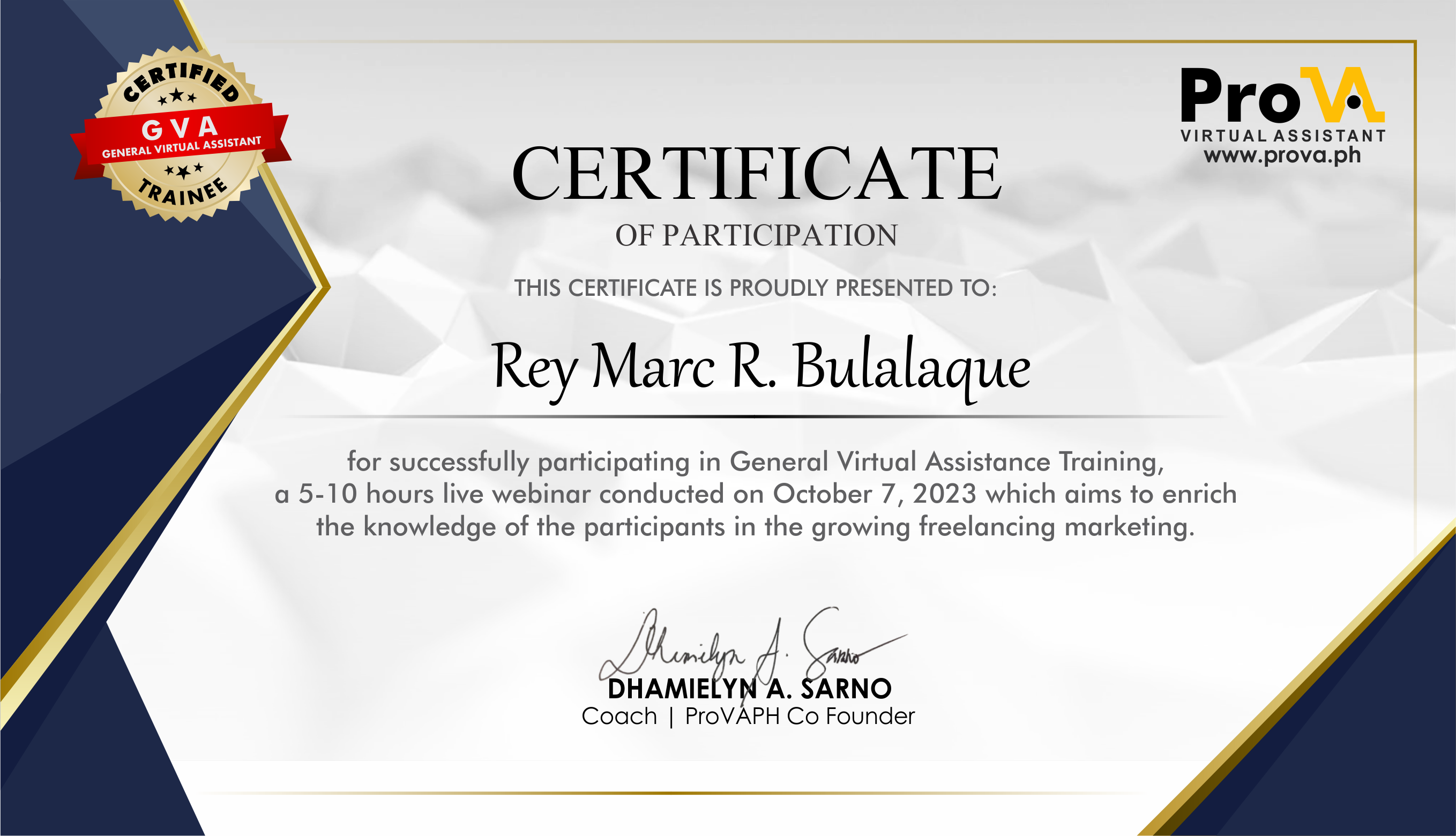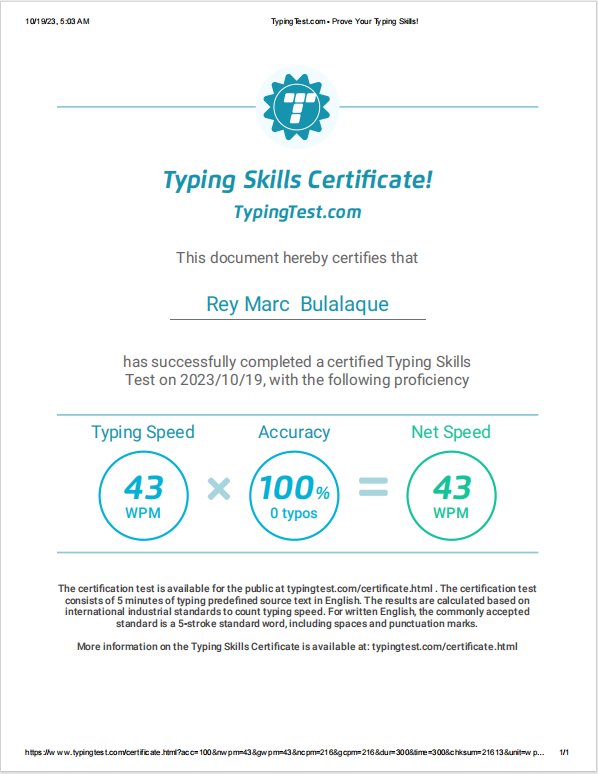Bachelor of Secondary Education Major in English
Bachelor of Secondary Education Major in English is an undergraduate degree program designed to equip individuals with the knowledge, skills, and competencies required to become effective educators in the field of English language and literature at the secondary level (typically grades 7-12 or equivalent). This course focuses on developing expertise in teaching the English language, literature, and related subjects to adolescent learners.
Key Components of the Course:
Pedagogy and Educational Theory:
Instruction on educational theories, principles, and methodologies essential for effective teaching at the secondary level.
Training in lesson planning, classroom management, and assessment strategies tailored for English education.
English Language Studies:
In-depth study of the English language, including grammar, syntax, semantics, phonetics, and phonology.
Analysis of language acquisition, language learning theories, and linguistics to enhance teaching strategies.
Literature Studies:
Comprehensive exploration of literary genres, periods, authors, and critical theories.
Analysis and interpretation of literary works to develop skills in teaching literature effectively.
Teaching Strategies for English:
Training in designing engaging and interactive lessons to foster reading, writing, speaking, and listening skills among students.
Application of innovative teaching methods and technologies to enhance learning outcomes.
Curriculum Development:
Understanding and designing curricula, syllabi, and educational materials specific to English language and literature education.
Alignment with national or state educational standards and guidelines.
Educational Psychology:
Study of psychological theories and principles relevant to adolescent learners, addressing their cognitive, emotional, and social development.
Techniques for understanding and managing diverse learning styles and behaviors in the classroom.
Practical Teaching Experience:
Classroom observations, teaching practicums, and internships to apply theoretical knowledge in real educational settings.
Mentored teaching experiences to develop effective teaching skills, classroom management, and student engagement.
Assessment and Evaluation:
Learning to design assessments, tests, and evaluation methods to measure students' progress and understanding of English language and literature.
Utilizing assessment data to adapt teaching strategies and enhance learning outcomes.



